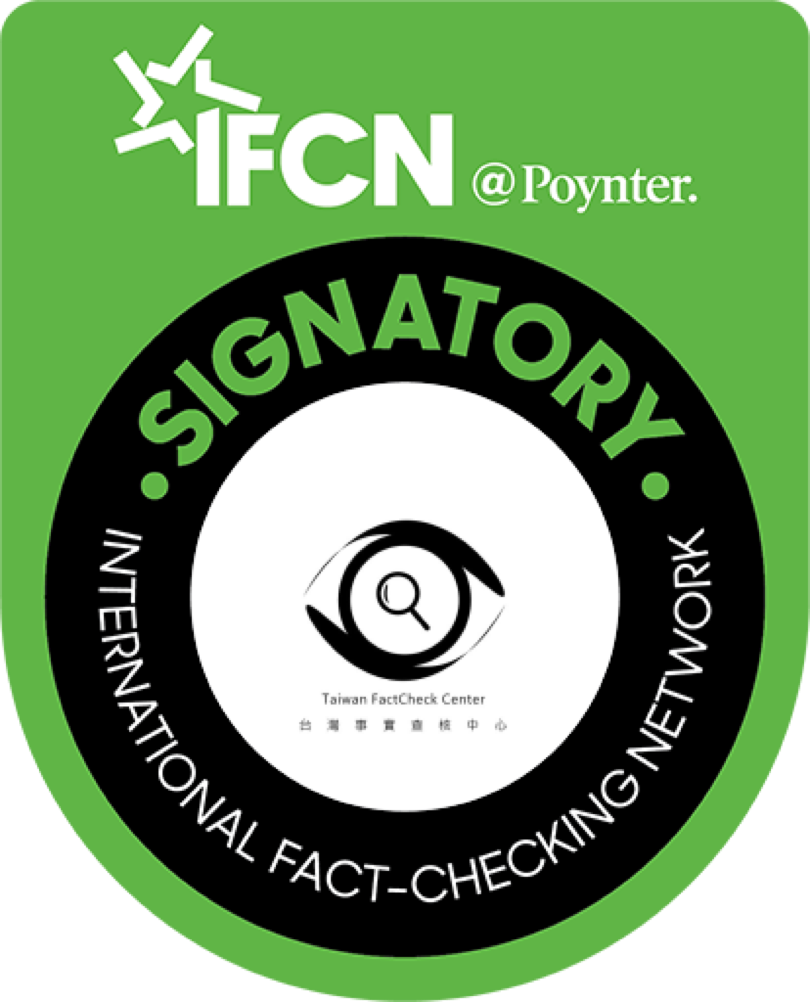Data security concern for the Taiwan’s NT$6,000 cash handout program sparked a wave of rumors
Data security concern for the Taiwan’s NT$6,000 cash handout program sparked a wave of rumors
Image: A teller puts New Taiwan dollar (TWD) $1000 banknotes into cash counting machine at a bank in Taipei, Taiwan February 23, 2017. Picture taken February 23, 2017. (Top Image)
Starting from March 22, Taiwanese citizens and eligible foreign nationals can register for a one-off cash payment of NT$6,000 (US$195) from the government's 2022 tax surplus. However, false information and rumors concerning data security are widely circulated online, revealing the public’s concern.
The Taiwan FactCheck Center (TFC) has observed a surge in rumors related to the tax rebate program since its announcement. The messages TFC received last week increased by 1.5 times compared with the previous week.
People’s main concern is the safety of online registration, which requires personal information such as ID number, health insurance number, and bank account number.
One of the most widely circulated rumors warns about data security risks, as the online registration process allegedly has poor data management and a high risk of data leakage. The TFC consulted with government officials, experts, and scholars to verify this rumor.
Image: Online messages about the data security for the NT$6,000 cash handout program began to circulate online as the online registration started on March 22.
The Ministry of Digital Affairs stated that the NT$6,000 program's official website was built by "Financial Information Service Co., Ltd.," (財金資訊股份有限公司) which the Ministry of Finance partially owns. The website has passed information security protection tests and uses an encrypted network to transmit data. All stored data will be deleted one month after the program's completion.
Data security experts pointed out that the government already possesses citizens' personal information, including ID and health insurance numbers. The website asks citizens to input both document numbers for identity verification, which is acceptable in terms of balancing security and convenience. However, the government must ensure the security of data transmission and storage.
Huang Yen-Nun, the director and distinguished research fellow of the Research Center for Information Technology Innovation, emphasized that a one-time website does not necessarily result in data leakage. The key is whether the website system contractor has the sufficient capability and whether the website has undergone comprehensive security testing.
Huang suggests that the Ministry of Digital Affairs or Financial Information Service Co., Ltd., responsible for website development, should provide a full explanation of the website's development and security testing to reassure the public.
To address citizens' concerns, cybersecurity experts recommend taking necessary cybersecurity measures when registering online, such as checking the website's URL for accuracy and avoiding public computers. If people are still worried about personal data security, they can choose to receive cash at a post office instead.
The TFC has also compiled several frequently asked questions about the NT$6,000 cash handout program's cybersecurity issue and consulted with experts' opinions to help prevent fraud and protect data security.
Image: TFC has compiled several frequently asked questions related to the NT$6,000 cash handout program's cybersecurity issue and two detailed FAQs are available on its website.


